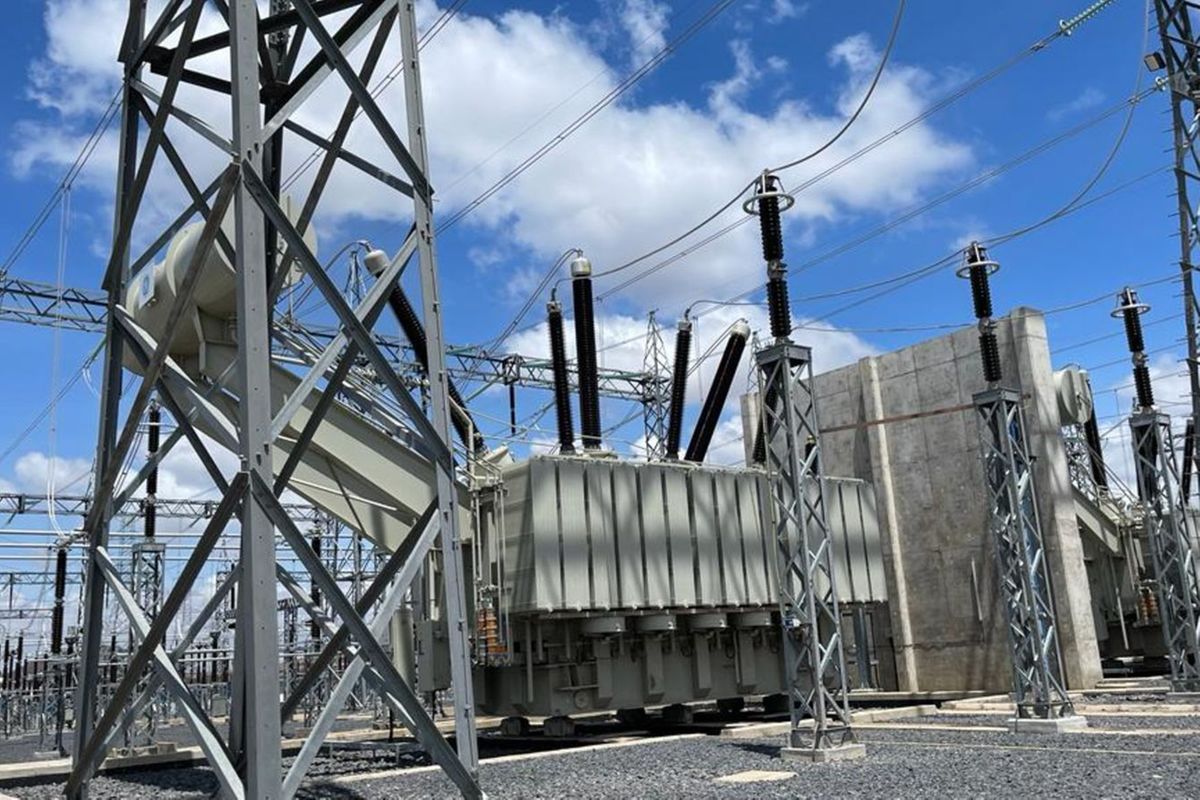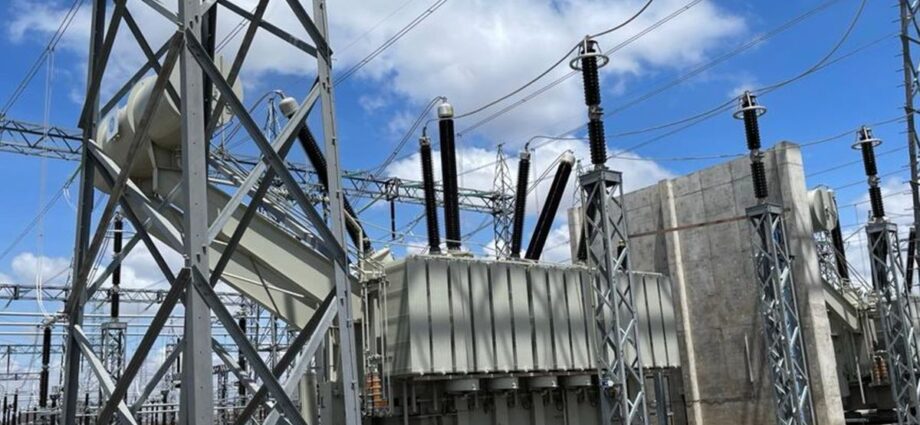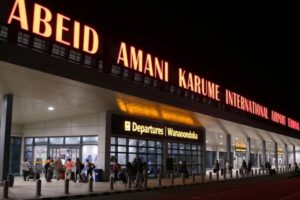
Dodoma. Tanzania’s integration into the Eastern Africa Power Pool (EAPP) has taken a significant step with the launch of trial operations for the Tanzania-Kenya Power Interconnection Project.
This initiative aims to facilitate seamless electricity exchange between East African countries, reduce energy production costs, and boost regional energy trade.
The new interconnection, which extends from Isinya substation in Kajiado County, Kenya, to Arusha in Tanzania, and further links Arusha to Singida via Babati, is set to enhance energy availability and lower power costs in the region.
The Kenyan section will extend to Ethiopia, while the Tanzanian line will connect to Zambia, linking the EAPP with the Southern African Power Pool (SAPP).
Deputy Prime Minister and Energy Minister, Dr Doto Biteko officially launched the project during the inauguration of the transmission line transporting electricity from the Julius Nyerere Hydropower Project (JNHPP) to Zuzu Power Station in Dodoma.
The Zuzu Power Station plays a pivotal role in the distribution of electricity both domestically and to neighboring countries.
Speaking during the event, Dro Biteko outlined Tanzania’s strategy to export electricity from the JNHPP, which has a capacity of 2,115 megawatts, to countries including Burundi, Rwanda, Mozambique, and Malawi.
“The project currently contributes 1,175 megawatts to Tanzania’s national grid, which has a demand of 1,888.72 megawatts, leaving a surplus for export to boost the economy,” he said.
Deputy Minister of Energy, Ms Judith Kapinga emphasized Tanzania’s crucial role in regional energy development.
“Some EAPP member states rely on Tanzania for electricity generation and transport. Our energy infrastructure strengthens the grid and opens opportunities for regional electricity trade,” said Ms Kapinga.
She also revealed plans for Tanzania to join SAPP, further integrating the nation into regional electricity networks.
The Ministry of Energy Permanent Secretary, Mr Felchesmi Mramba, said electricity from the JNHPP is being transmitted to Zuzu Power Station for distribution to southern and northern regions, including neighbouring countries.
“Plans are underway to connect Burundi, Rwanda, Uganda, Mozambique, and the Democratic Republic of Congo (DRC) via new transmission lines,” he said.
The EAPP involves 11 countries working to interconnect their electricity grids, optimize energy capacity, and facilitate power trade.
The EAPP key projects include the Sodo-Moyale-Suswa and Isinya-Singida high-voltage lines, and cross-border links between Uganda, Rwanda, Kenya, and the DRC.














